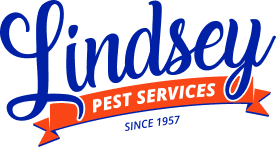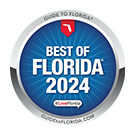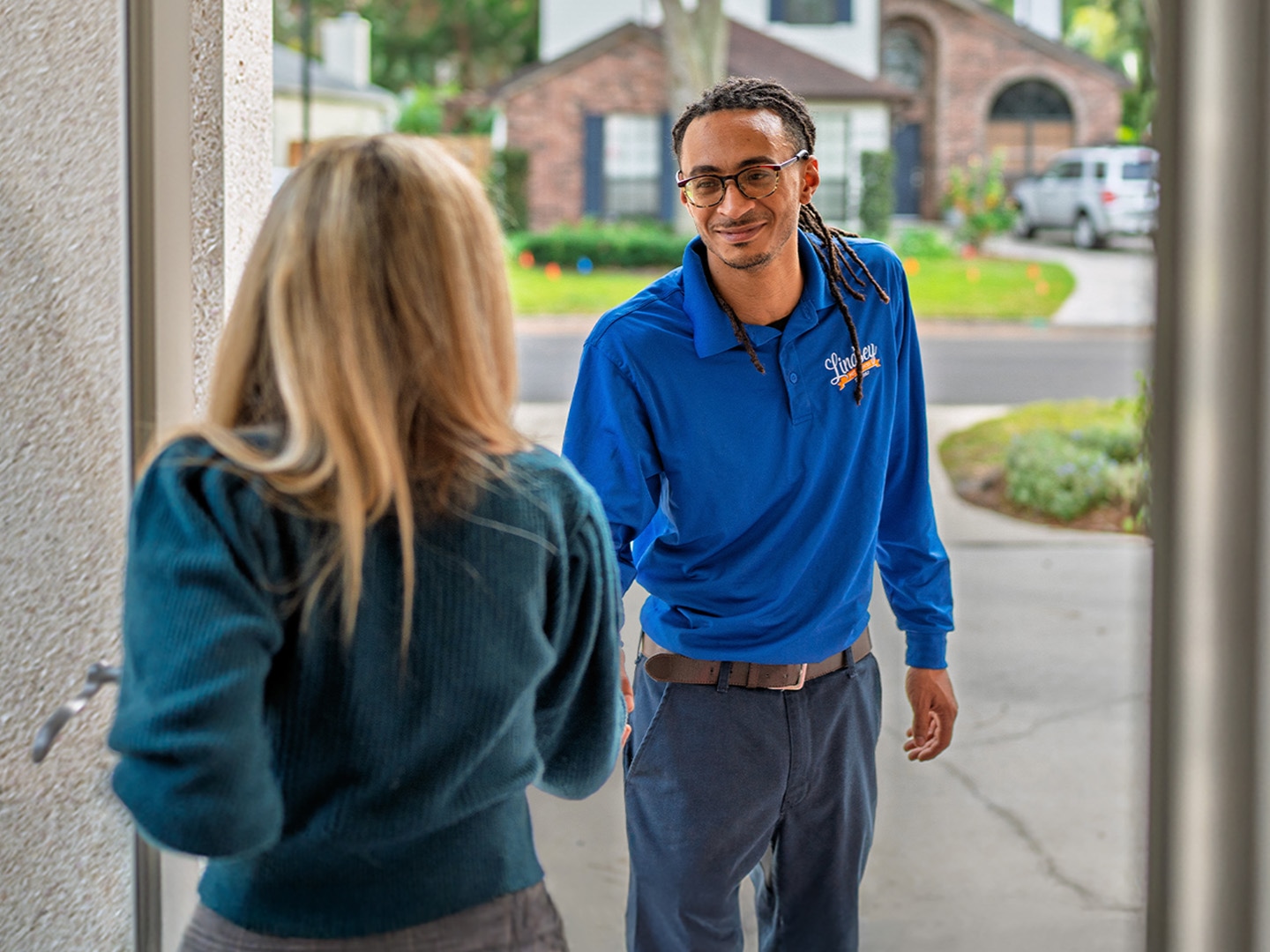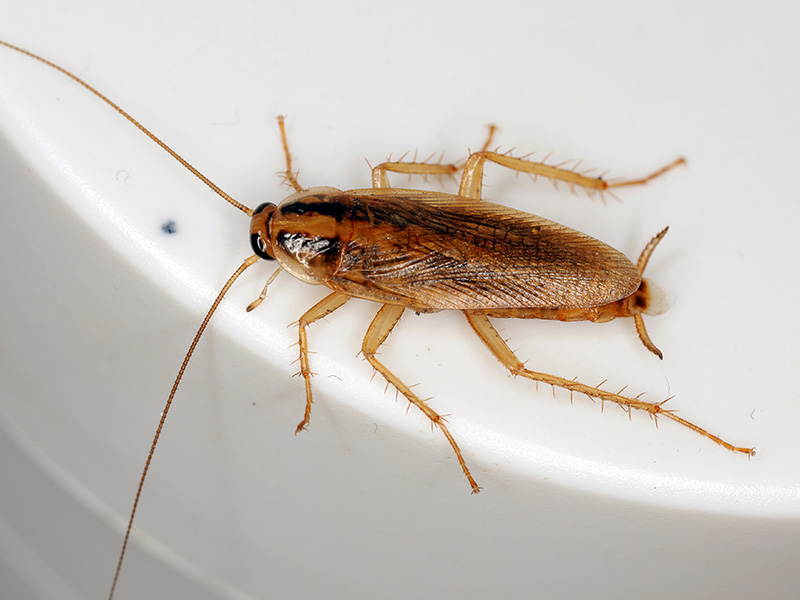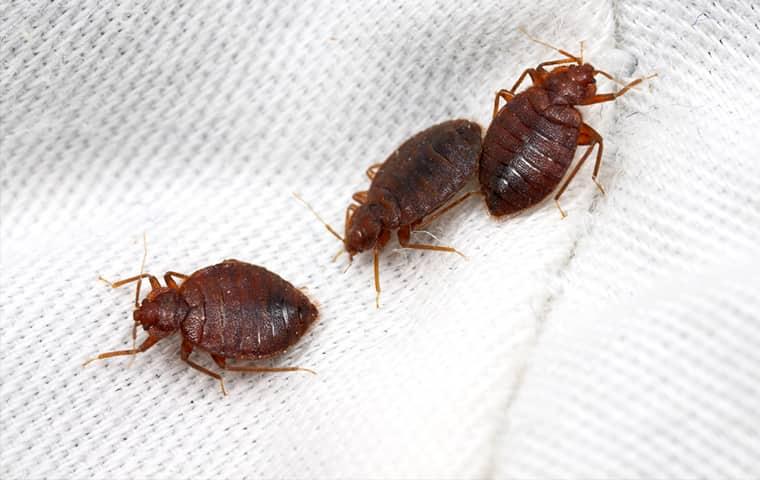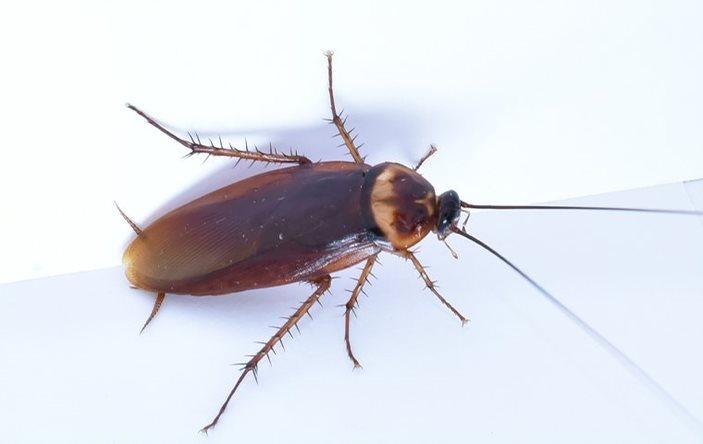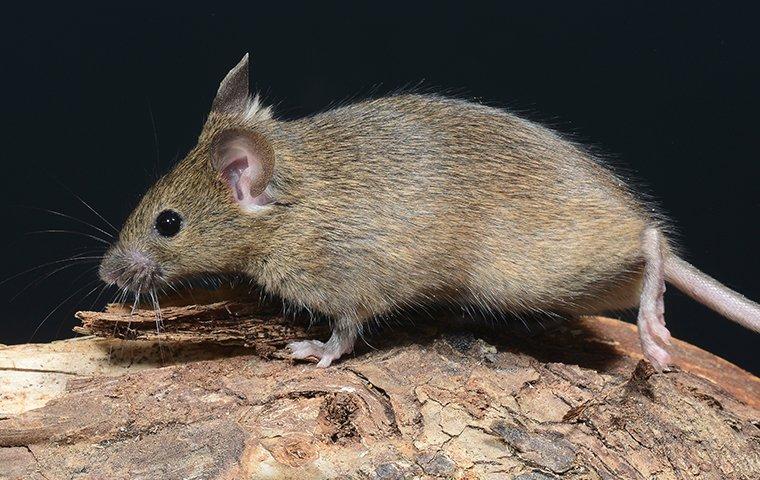The Ultimate Guide To Effective Yellow Jacket Control In Jacksonville
Jul 28, 2023
Each year, many Jacksonville homeowners will notice that stinging insects have constructed a nest on their property. Most stinging insects provide benefits to the overall ecosystem, such as limiting the population of nuisance insects or assisting with the pollination process. However, stinging insects can be quite problematic—particularly for those who abruptly disturb an active nest. Some of the most common types of stinging insects in this region include honey bees, paper wasps, and yellow jackets.
Have you discovered a yellow jacket nest on your property? Based on the possibility of facing an aggressive swarm of these dangerous stinging pests, property owners should consider seeking help from a trained pest management professional. A licensed Jacksonville pest control company employs qualified specialists who understand how to get rid of yellow jacket nests in residential environments safely.
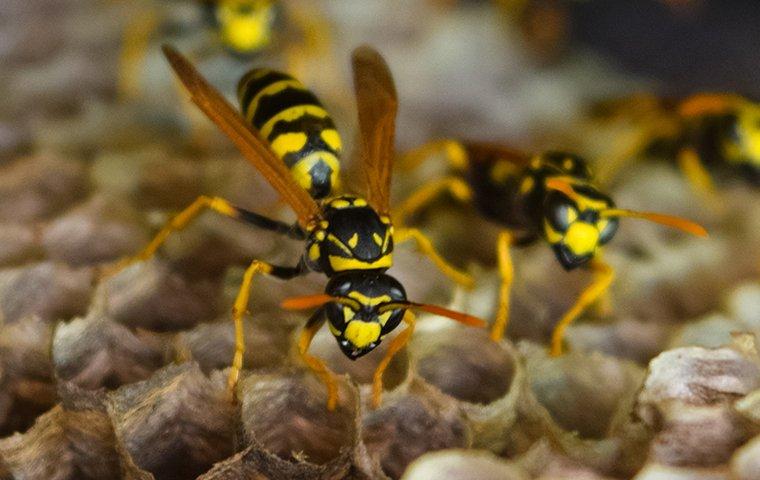
How To Identify A Yellow Jacket
What are some of the most common characteristics among different types of yellow jackets in Jacksonville? The bodies of yellow jackets usually measure 3/8 to 5/8 of an inch long and have yellow and black stripes, antennae, and six legs. Some of the most likely locations where you will find yellow jacket nests include voids or crevices around the exterior of the structure or within ground holes.
Yellow jackets become dormant as temperatures fall to near 50°F, and they are unable to survive freezing temperatures. Unlike the southern regions of Florida, Jacksonville usually experiences low temperatures during winter months; encountering yellow jackets or other stinging insects is unlikely in December, January, or February.
Why Yellow Jackets Are So Dangerous
One of the most aggressive types of stinging insects, yellow jackets often emerge quickly in swarms when their nest is disturbed and deliver painful and venomous stings. While most people who endure a sting experience mild symptoms, some individuals have more adverse allergic reactions requiring medical attention.
Can yellow jackets sting more than once? Yes. Unlike most bees, yellow jackets and other wasps can sting multiple times.
Factors That Attract Yellow Jackets To Your Yard And Home
Homeowners in Jacksonville should understand what attracts yellow jackets to yard areas and the best strategies that help keep yellow jackets away from the premises. Here are ways you can avoid attracting them:
- When eating outdoors, keep dishes of food and beverage cans or bottles covered.
- Ensure all trash bags containing food scraps remain inside durable sealed garbage receptacles.
- Seal crevices that develop within siding or around eaves or roofs that might house nests.
- Limit the use of fragrant perfumes, colognes, or lotions that might attract these pests.
While these preventative measures commonly reduce the likelihood of having yellow jackets on your property, you may still face problems with these or other types of stinging insects. In these instances, seeking advice from an experienced industry professional is strongly suggested.
The Safe And Effective Way To Get Rid Of A Yellow Jacket Infestation
Is there experienced, professional yellow jacket control in Jacksonville? Lindsey Pest Services remains among the leading providers of stinging insect control services for residents throughout the Jacksonville region.
After receiving an inquiry from a resident, we will deploy a trained pest control technician to the premises to perform a detailed property assessment. During this inspection process, our expert will locate the nesting site, answer any questions you have, and explain the best available solution. Keep in mind that our staff remains committed to operational safety that protects our customers and will not pollute the local environment.
For superior quality solutions to concerns involving stinging insects or any other types of unwanted pests plaguing Jacksonville homeowners, contact our office today.
